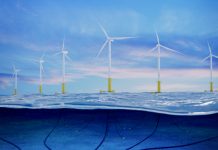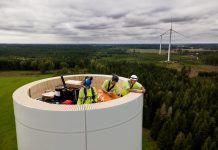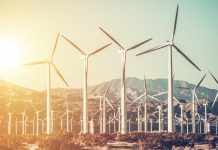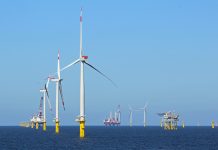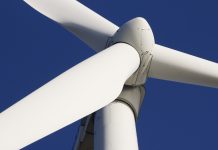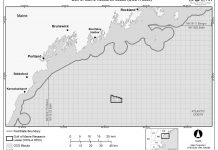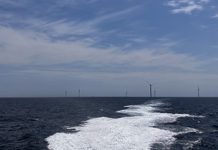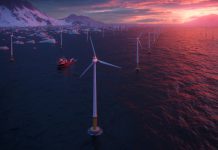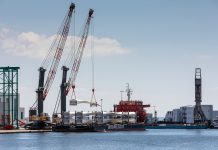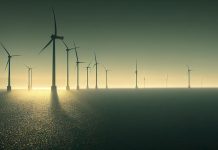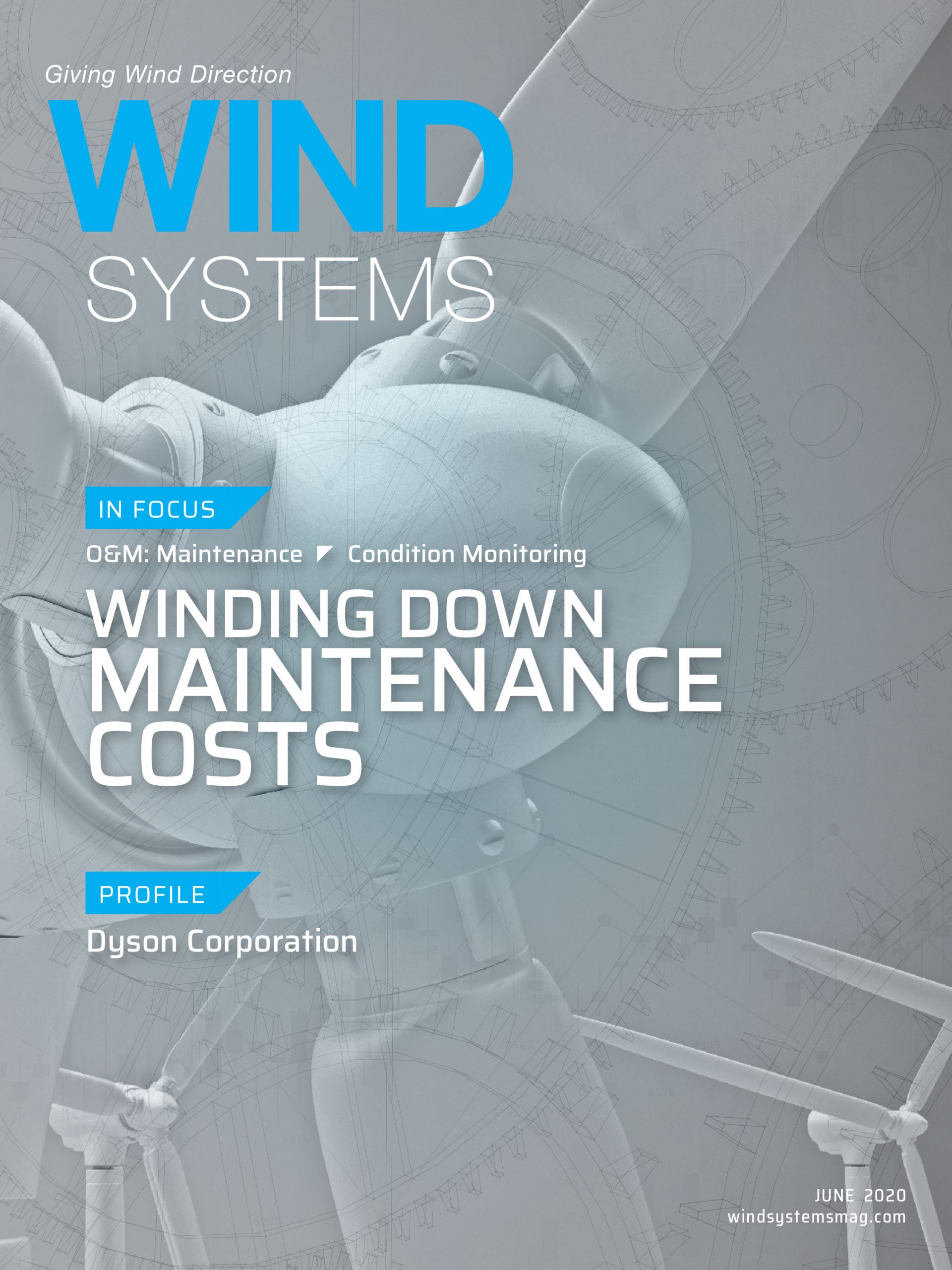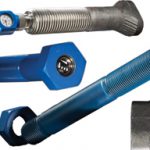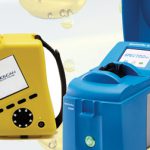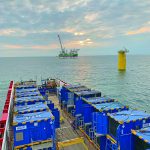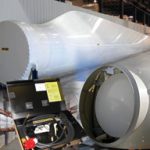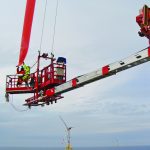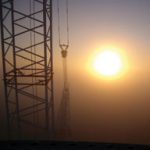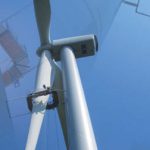Dyson Corporation has been a specialty forge shop for many industries for more than 130 years, and for the last 15, the company has seen a need for its expertise in the growing wind-energy industry.
In that time, Dyson has become a supplier of anchor rods, nuts, PVC sleeves, grease, and bolt caps for turbine foundations.
“We did very large diameter forgings, special forgings, large diameter fasteners, and we were even making forged forklift forks for that industry up until sometime in the last decade or so,” said John Kovatch, sales director of Dyson Corporation. “We got into the wind industry about 15 years ago, manufacturing fasteners for the foundations. In addition to the foundations, we were going all the way up the tower making hex flange bolts and blade bolts and other high-strength critical fasteners for the wind industry.”
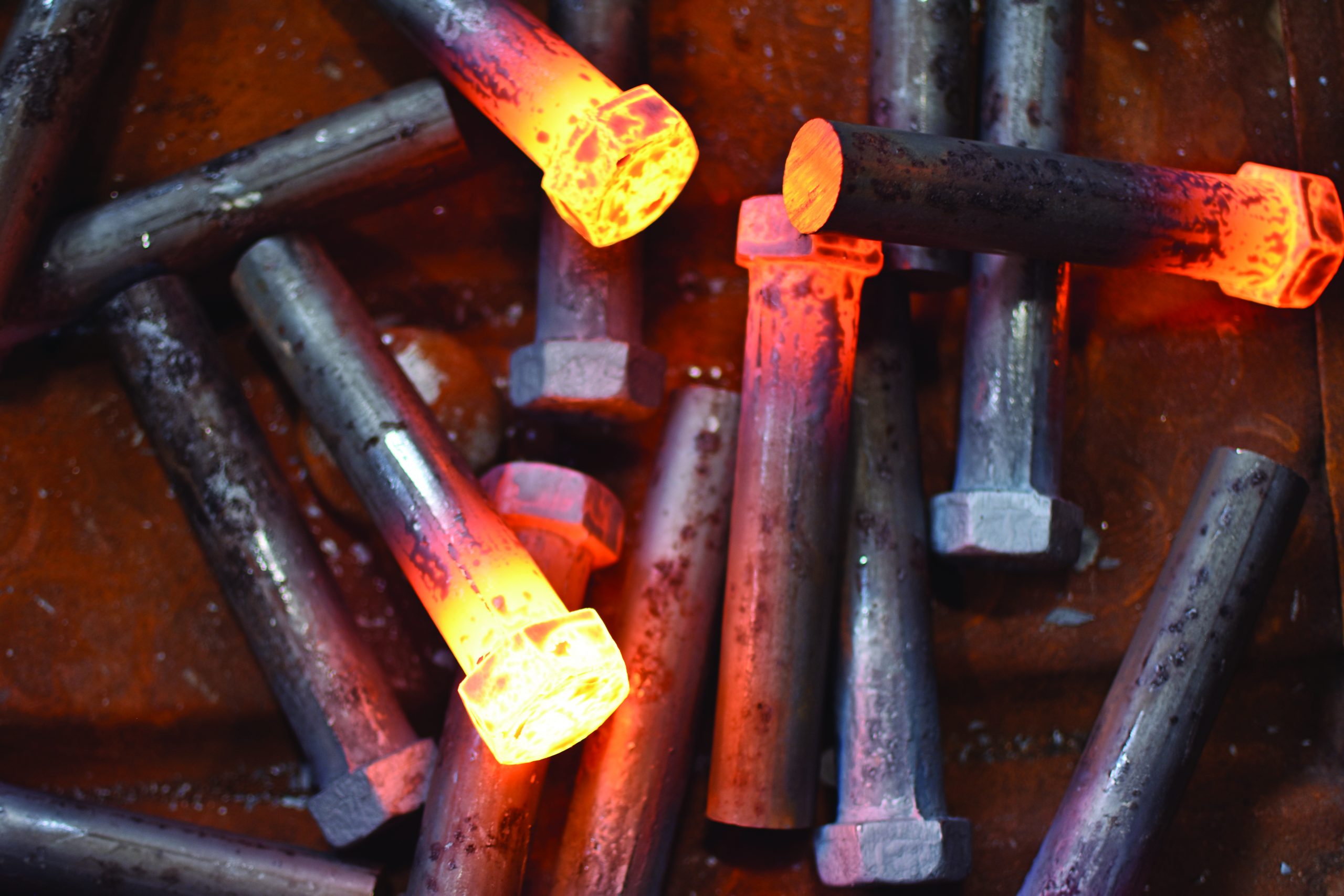
Wind offers opportunities
Dyson sees wind as a big opportunity for growth, and since the company already had decades of tangential experience with what was needed, wind became an obvious area in which to branch out, according to Kovatch.
“We’ve always been a manufacturer of highly critical fasteners, and when wind started to develop in the U.S., there was a need for manufacturers with our capabilities and expertise,” he said. “The import markets just weren’t a consideration at the time for those highly critical fasteners. So, we relied on the expertise that we’ve had in place for a hundred years, which is exotic materials, special heat treating, development, and meeting the critical needs of a new and growing marketplace. It fit really well with what we already did for our customers.”
And it appealed to Dyson’s desire to support the continued growth of green, renewable energy, according to Kovatch.
“We believe in wind as a source of clean energy for our country and the rest of the world, and want to be a part of the global solution for climate change and sustainability,” he said. “We see it as an important part of the infrastructure of the U.S. and our economy. Our philosophy toward wind is we want to support it from a domestic manufacturing standpoint. We see ourselves as a continued supplier of the foundation anchors, nuts and washers, but we also feel the supply chain is going to begin moving back toward domestic, and we want to supply additional critical components beyond the anchor rods.”
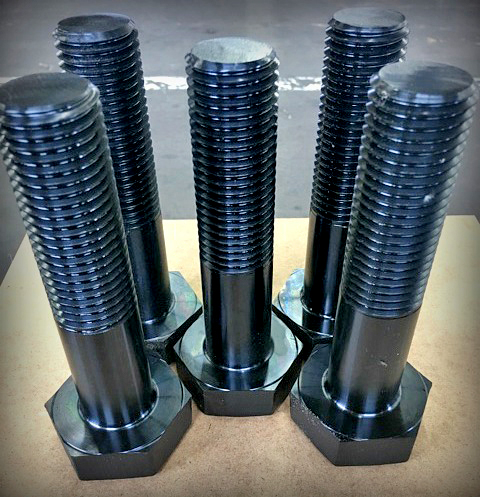
Offshore possibilities
Part of that expansion may involve offshore wind, but that will depend on what types of anchoring systems will be needed for each potential project, according to Kovatch.
“There are a lot of different anchoring designs right now,” he said. “It really depends on what kind of design they settle on. If it’s a fixed anchoring or piling-type foundation, we would be in the anchoring systems. And as the industry develops the need for larger diameter, highly critical fasteners to support against the high offshore wind loads, we have the capabilities to supply those products as well. That could be a good market for us.”
In that vein, Dyson employs a staff of engineers to help its customers with their needs, according to Kovatch.
“Our background and our expertise is in fastening; it’s in forging; it’s in critical types of components, typically used in challenging environments and challenging applications,” he said. “We’ve got a background of solving those kinds of problems. When our customers come to us with a problem, we work along with them as a development arm. We propose solutions, do prototype work through R&D, and work alongside our customer to develop a solution on the front end as the most cost effective product design. And when they come to us after the fact, when they’ve had a problem in the field, we do a full analysis to determine the root cause, then come up with a solution that will prevent it from happening again.”
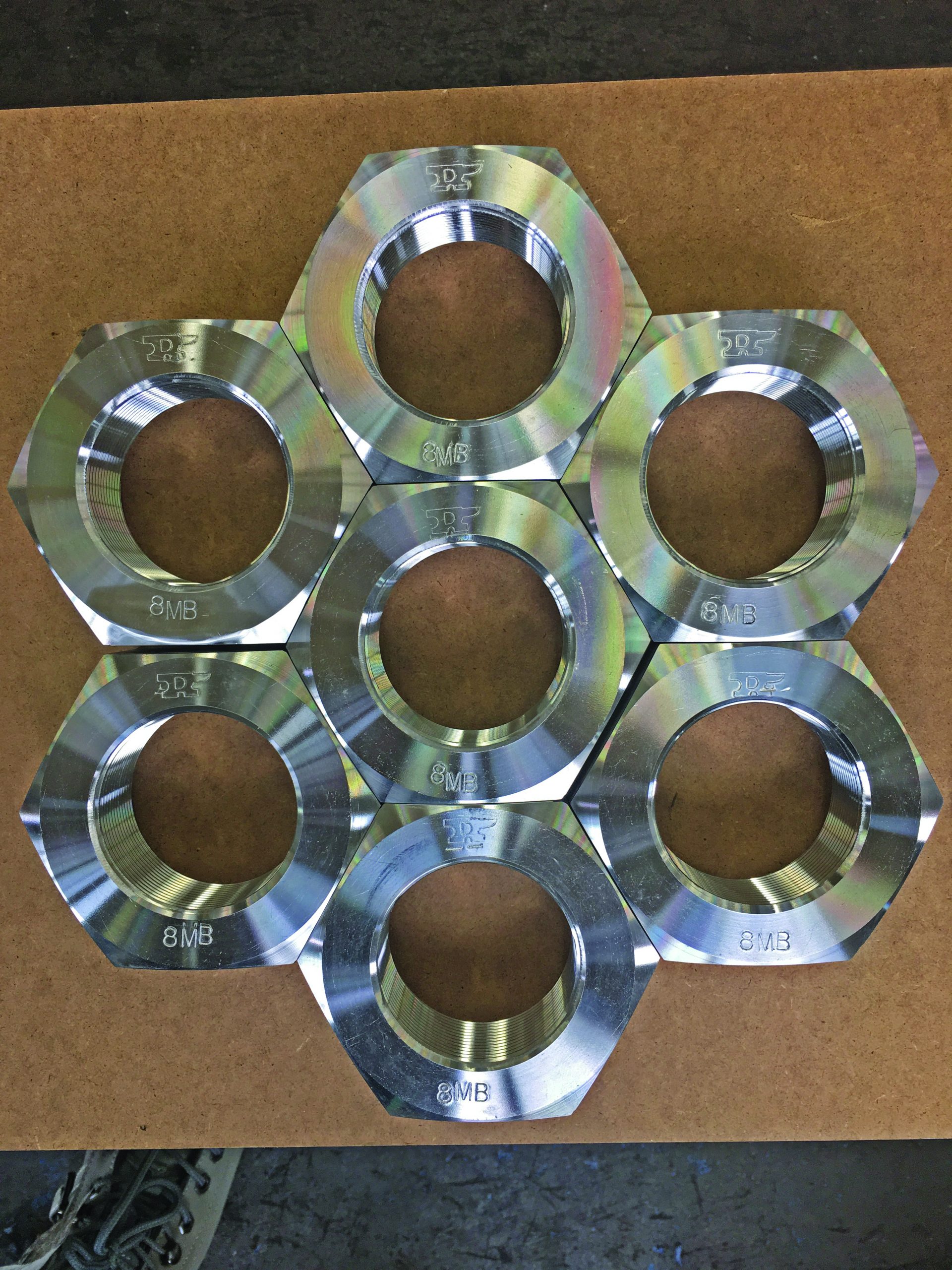
More wind opportunities
With Dyson starting out in the wind industry with a literal and figurative foothold, the company has begun to branch out as other areas of wind construction are needed, according to Kovatch.
“We’ve certainly found our footing in the foundation rods,” he said. “And now that we’ve got the materials and the specifications perfected and we understand that market, our goal is to drive our costs down by automating our manufacturing processes and exploring alternative materials. As far as future developments, we believe — at least in the near term — there’s going to be a real drive toward domestic manufacturing for highly critical fasteners based on the current situation we’re all living through. We’re gearing up our manufacturing capacity to support those kinds of demands in the market.”
Kovatch emphasized that Dyson prides itself on being able to deliver its products in a flexible timeframe along with its customers’ needs.
“When putting a foundation in the ground, weather has a big effect on timing, as does funding and machine availability,” he said. “Therefore, it’s important for us to be flexible with our manufacturing processes to support the everchanging timelines of our customers. We’re really proud of being able to do that. As far as other industries, we are a proud supplier to the U.S. Military for products used in the building of ships and submarines. Our Infrastructure division supplies products that end up on bridges, locks, and dams. Our products are on many popular bridges: The Golden Gate Bridge and the Brooklyn Bridge to name just a couple. Dyson products are everywhere around us. Our domestically made fasteners hold together the infrastructure of this country and help defend it.”
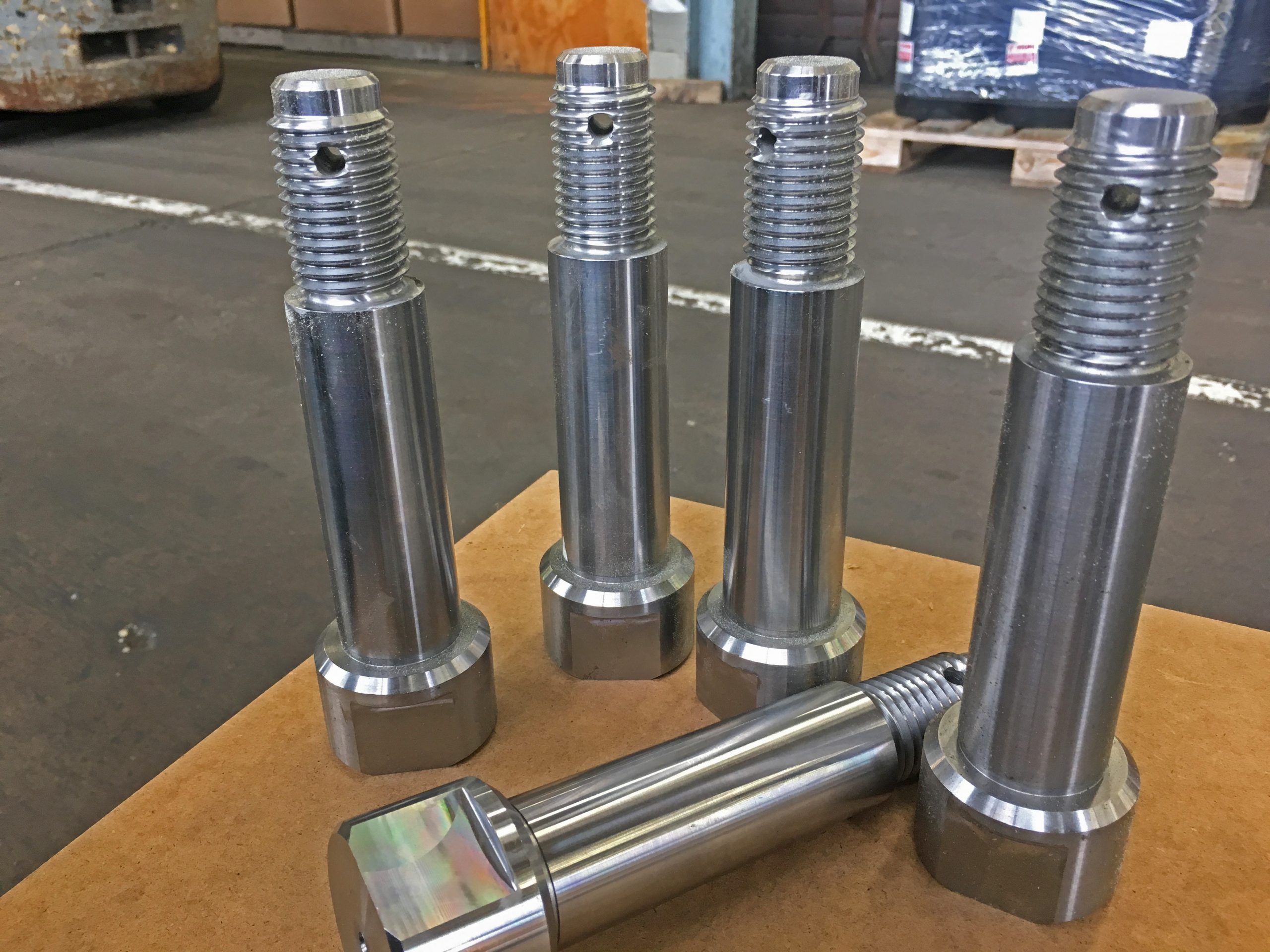
136 years and counting
That diversity has been a driving force in Dyson’s long history.
Dyson was founded in 1884 as a specialty forge shop in Cleveland, Ohio, and has grown to become a leading supplier of specialty fasteners and forgings ranging in size from 0.5 to 10,000 pounds and diameters up to 20 inches. In that time, the company has produced critical fasteners for use by the military, infrastructure, construction, and renewable energy industries. Products are produced to ASME, MIL, ANSI, SAE, and DIN standards, and Dyson is an ISO 9001:2015 certified manufacturer.
With all that experience and capabilities, Dyson has developed a reputation for quality and reliability, and it sees itself as a key supplier to the wind industry from the foundation to the nacelle both now and into the future, according to Kovatch.
“We would like to become the preferred supplier of domestically manufactured, highly critical fasteners,” he said. “As the blades get longer and larger, carrying more loads, I think our engineering and manufacturing capabilities will find a real home in the wind industry.”



